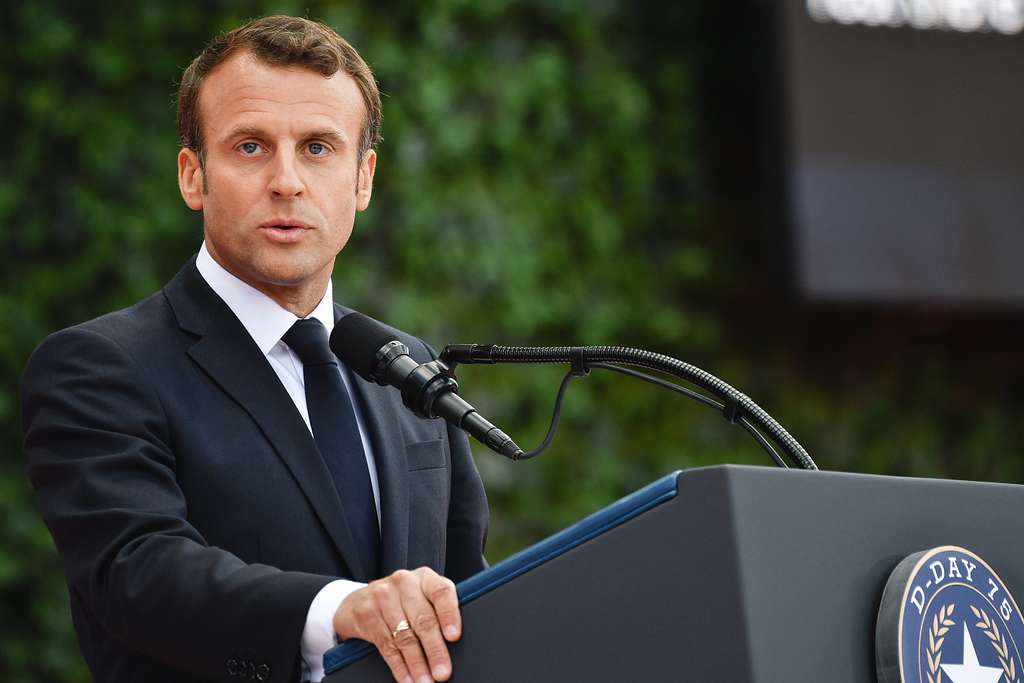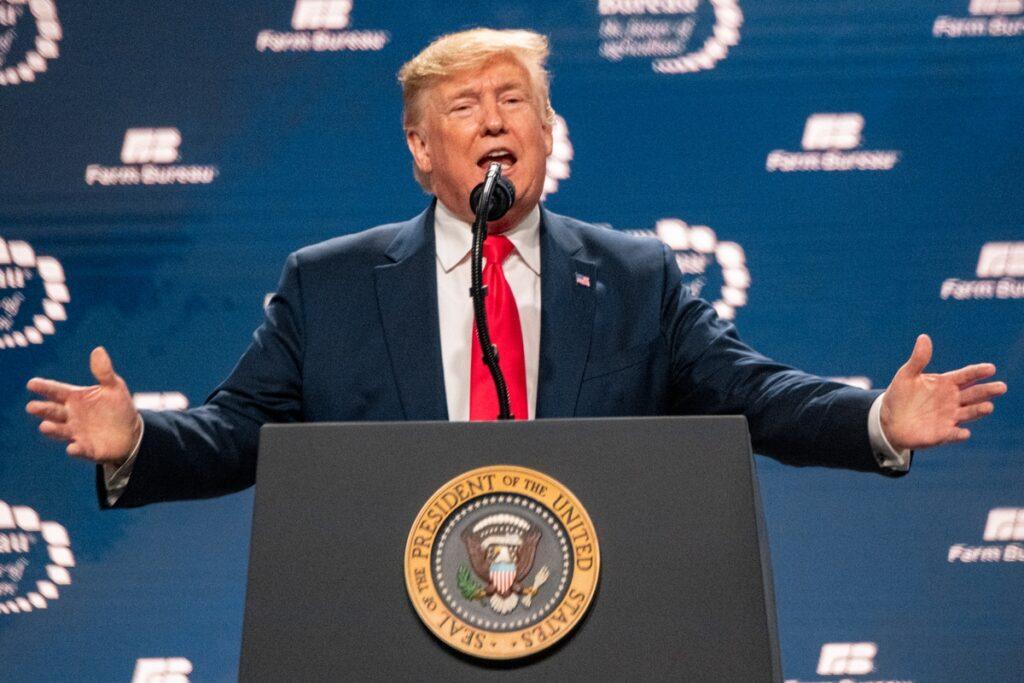Introduction
In a rare exclusive interview with NBC News’ Meet the Press, French President Emmanuel Macron opened up about the precarious and complex peace negotiations surrounding the Russia-Ukraine conflict, following a high-profile incident involving former U.S. President Donald Trump’s candid remarks about a potential deal with Vladimir Putin. This moment not only stirred global media attention but also underscored the fragile nature of current diplomatic efforts aimed at ending one of the most devastating conflicts in recent memory. Macron’s insights provide a sobering look into the difficulties of securing lasting peace, the geopolitical stakes across Europe, and the ongoing consequences of the war.
This deep dive blog post will unpack Macron’s views, contextualize Trump’s controversial comments, analyze the broader implications for Ukraine and Europe, and explore the challenges in achieving a ceasefire and security guarantees.
Macron’s Perspective on Trump’s Hot Mic Moment
During the interview, Macron addressed Trump’s leaked microphone comment where Trump said he believed Putin “wants to make a deal,” which raised eyebrows for its startling implication that Russia sought peace behind closed doors. Macron expressed cautious skepticism. While acknowledging Trump’s ability to bring parties together, he conveyed the complicated reality that peace must be more than words—it requires concrete security measures and deterrents.
Macron emphasized the importance of ensuring any peace deal includes “decent security” for Ukraine and its neighbors, highlighting that any treaty must guarantee stability not just for Ukraine but for “the security of all of Europe.” His concern revolves around ensuring that peace is durable and prevents future aggression, reflecting a Western consensus wary of Putin’s ambitions.

The Urgency and Complexity of Ceasefire Talks
Macron’s remarks underscored the challenging path ahead: despite calls for a ceasefire, he recognized the ongoing violence and reluctance from all sides to lay down arms without assurances. The interview relayed a somber tone on whether a ceasefire is actually feasible in the near term. Macron stressed that a ceasefire is just one part of a broader peace strategy and that meaningful negotiation is needed to resolve territorial disputes and security fears.
The French leader was adamant that the legality of territorial claims is non-negotiable, dismissing any notion that land seized by Russia could be swapped or legitimized. This rigid stance reflects France’s and Europe’s dedication to upholding international law amidst the conflict.
Putin’s Role and Security Guarantees
One of the key takeaways from Macron’s interview was the discussion around security guarantees and Russia’s willingness to participate in the process. He noted a “clear commitment” from Putin in recent days to be part of security arrangements, which is essential to moving forward. Yet, Macron’s words hinted at a lingering mistrust, suggesting that despite commitments on paper, enforcing them remains an enormous challenge.
This raises important questions about the nature of any future peacekeeping or enforcement mechanisms and whether Western and Ukrainian officials can trust Russia’s intentions.

The Broader European Security Issue
Macron framed the Ukraine conflict within the larger context of European security, calling it a “security issue” that transcends Ukraine alone. This highlights how the war has disrupted the continent’s balance of power, rekindling fears not seen since the Cold War era.
His view that the stability of the entire European continent is at stake explains the multi-layered diplomatic efforts, involving trilateral meetings and alliance coordination. Macron’s somber reflections underscore the urgency felt by European leaders as they navigate this volatile geopolitical landscape.
The Domestic and Global Political Spotlight
Trump’s hot mic comment sparked renewed scrutiny on U.S. involvement and approach to the conflict. Macron’s interview reflects a growing frustration among European leaders over mixed signals from the U.S., especially concerning strategies and commitments. The interplay between U.S. domestic politics and international diplomacy complicates efforts to present a united front against Russian aggression.
The Human Cost and Moral Imperative
Amid the geopolitical analysis, Macron also touched on a critical and often overlooked dimension—the human cost. Civilians continue to suffer and die despite diplomatic talks. Macron emphasized that peace is not just a political goal but a moral imperative to stop the bloodshed, appealing to officials and the global community to accelerate their efforts.
Challenges Ahead for Peace
Macron’s stance reveals several daunting hurdles that stand between the current conflict and peace:
- Lack of Trust: Significant mistrust exists between Russia and Western-aligned governments.
- Security Frameworks: Clear, enforceable security guarantees are lacking.
- Territorial Integrity: Ukraine’s sovereignty and territorial boundaries remain a contentious issue.
- Continued Fighting: Ongoing attacks undermine ceasefire negotiations.
- Political Will: Divergent political agendas, both in the U.S. and Europe, complicate unified action.
- Complex Negotiations: Multifaceted diplomacy involving multiple stakeholders and shifting alliances slows progress.
What Does This Mean for the Future?
In the larger picture, Macron’s remarks signal that while opportunities for peace might exist, they rest on difficult, patient diplomacy and credible security guarantees. The interview reveals no illusions about quick fixes but underscores the imperative to persist for the sake of Ukraine and European stability.
For stakeholders, from policymakers to ordinary citizens, understanding these complexities is vital as they navigate the precarious road ahead.
Conclusion
French President Emmanuel Macron’s exclusive interview sheds critical light on the fragile nature of the Russia-Ukraine peace efforts in the wake of controversial remarks by former President Trump. Macron’s cautious optimism is tempered by the harsh realities of war, mistrust, and geopolitical tension that continue to threaten stability across Europe.
As the world watches closely, the message is clear: peace is necessary, but it must be built on solid foundations of security, law, and mutual commitment—not on hopeful statements alone.
If you found this analysis insightful, share it to spread awareness about the complexities of peace in Ukraine and Europe’s security landscape.


Pingback: The Legacy of Verónica Echegui: Her Untimely Death at 42 - Instant Topic News